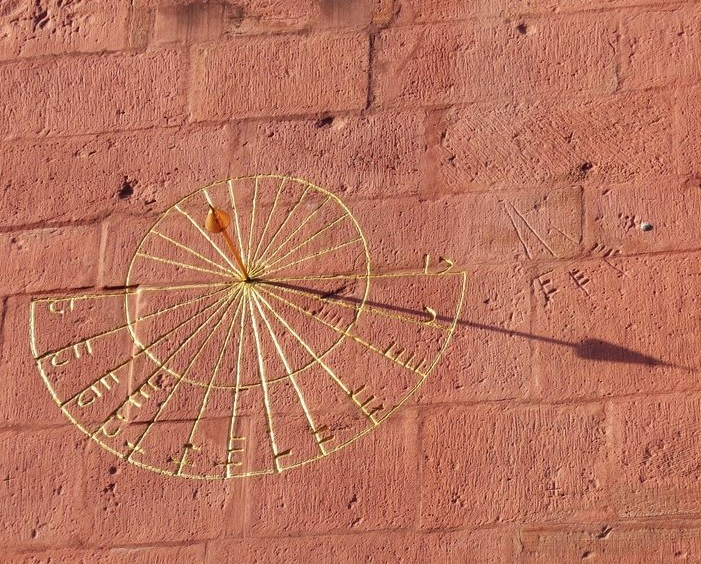Call for papers
Anonymized abstracts - in French or in English - (in PDF format, 2 pages, references included, 12 pt font, single spacing) for 20-minute presentations, followed by 10-minute discussion, should clearly spell out the research question(s) and the methodology used in the research, and briefly summarize the results achieved. Please, provide 2-3 keywords indicating the relevant TAME area and specify if you wish to give your talk in-person or in virtual mode (hybrid session).
We invite presentations exploring the semantics, pragmatics and morphosyntax of temporal, aspectual, modal and evidential linguistic devices, approached from any descriptive, theoretical, experimental or comparative angle. Within this broad field, we encourage submissions focused on the following topics:
- TAME markers in under-represented languages: what tools, methods, and concepts are used? how do researches conducted on under-represented languages challenge and impact dominant theories of TAME?
- Diachronic and diatopic variation of TAME markers (in Romance languages, European languages and beyond): what main changes are observed? what are the emerging grammaticalization paths? what relations can be established between diatopic and diachronic variation?
- Temporality and discourse coherence: what interactions can be observed between temporal structure and discourse coherence? what is the contribution of temporal adverbs and temporal connectives to discourse interpretation?
- Temporality and orality: what are the specific mechanisms of temporal expression in “oral texts” (conversations, oral literature, life stories, voice messages, etc.) as compared to written texts?
- Analysis of TAME markers based on parallel corpora: what insights do we gain from a corpus-based language comparison on the system of TAME markers? what resources and tools are or should be made available for the systematic exploration of parallel corpora?
- The expression of TAME in the visual modality: what are the TAME markers in Sign Languages? what formal devices are employed to enable temporal interpretation in depicted narratives? What methods and theoretical frameworks can be deployed to analyze those devices?
- The future between time and modality: what is special to the future vis-à-vis the past and the present which sets the former apart from the latter and makes it so that the future is often a hybrid category between tense and modality? What are the grammaticalization paths leading to the emergence of future grams from a modal category?
- Time and cognition: to what extent the specific properties of linguistic systems can influence the conceptualization of time? Can we find any invariants in mental representations of time across languages and cultures?
- TAME and First Language Teaching: what do linguistic theories contribute to Language Teaching? What are the challenges arising from teaching TAME?
CHRONOS 15 will also be an occasion to pay a tribute to Co Vet, who recently passed away, whose work has left a deep imprint on the linguistic study of tense in French.


